
The FDA lifted its clinical hold on Astellas Pharma's FORTIS trial for evaluating AT845 in adults with late-onset Pompe disease.

The FDA lifted its clinical hold on Astellas Pharma's FORTIS trial for evaluating AT845 in adults with late-onset Pompe disease.
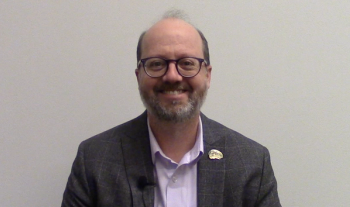
At the 2022 AES Conference, the head of neurosciences at the Jane and John Justin Neurosciences Center of Cook Children’s Medical Center, talked about epilepsy surgery as an alternative for some patients. [WATCH TIME: 5 minutes]

Take 5 minutes to catch up on NeurologyLive®'s highlights from the week ending January 20, 2023.
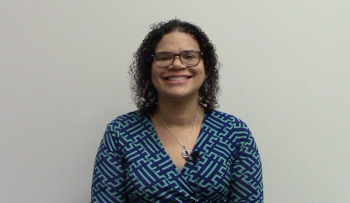
The assistant professor in the Department of Neurology at the University of Wisconsin spoke about healthcare providers establishing trust with their patients and improving health equity. [WATCH TIME: 3 minutes]
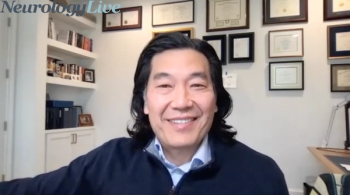
The director of Neuroinnovation and Multiple Sclerosis & Neuroimmunology Imaging Program at UT Southwestern Medical Center discussed ARISE, the first-ever study to show disease-modifying effect in radiologically isolated syndrome. [WATCH TIME: 3 minutes]

Nearly 94% of nusinersen doses recorded in electronic health records database and more than 80% of doses recorded in the claims databases were received on time according to the recommended dosing schedule.

In the letter, the FDA specifically required that Eli Lilly provide data from at least 100 patients who received a minimum of 12 months of continuous treatment with donanemab.
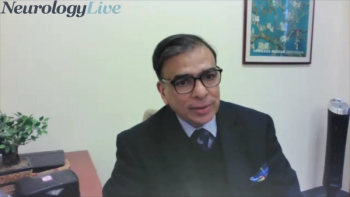
The director of the Montefiore Einstein Center for the Aging Brain detailed the efforts being made to support individuals in underrepresented communities and raise awareness for cognitive decline. [WATCH TIME: 4 minutes]

The study provided class II evidence that CYP2C19 loss of function carriers with minor stroke or transient ischemic attack at low risk, but not high risk, of recurrent stroke received greater benefit from ticagrelor and aspirin rather than clopidogrel and aspirin.

At the 2022 AES annual meeting, the assistant professor in the Department of Neurology at the University of Wisconsin talked about her presentation and the key actions for addressing health equity. [WATCH TIME: 4 minutes]

Sacco, who also served as president of the American Heart Association/ American Stroke Association, succumbed to a brain tumor on January 17, 2023.

A systematic review revealed inconsistencies in the literature for assessing subjective cognitive complaints in cognitively normal patients with Parkinson disease.

Whether it is a standard of care that is practical but not often appreciated or an emerging treatment that can change the landscape of a devastating disease, neurology as a whole is fueled by hope, and that is a gift that keeps on giving.
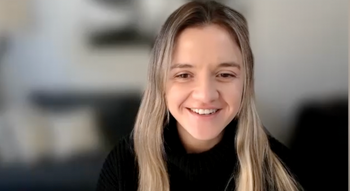
The scientific researcher and clinical manager, Icahn School of Medicine at Mount Sinai, spoke about the clinical models used to predict seizures in poststroke patients. [WATCH TIME: 4 minutes]

Between sexes, females with cluster headache reported longer bouts than male participants and used prophylactic treatment more often, as well as higher rates of diurnal rhythmicity.

At the 2022 AES annual meeting, the associate professor at Harvard Medical School and neurologist at the Brigham and Women's Hospital talked about seizure frequency and insomnia. [WATCH TIME: 2 minutes]

The executive director of Cure CMD provided perspective on a new 10-month program that aims to align patient and clinician perspectives on certain rare neuromuscular disorders.

James F. Howard Jr, MD, and Nicholas J. Silvestri, MD, FAAN, offer their experiences in treating patients with myasthenia gravis and their thoughts on the future of the care paradigm with novel agents in development.

Featuring a cohort of more than 500 patients with NMOSD, data showed that those with comorbidities exhibit multiple presentations and are more likely to relapse after immunotherapy.

Results from on ongoing phase 1 trial showed a favorable safety profile with CT103A in patients with NMOSD.
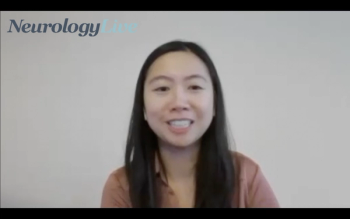
The neuropsychologist at Rutgers University spoke about the benefits of using smartphone applications to remotely monitor patients based on her most recent published study. [WATCH TIME: 3 minutes]

Sharon Cohen, MD, FRCPC, provided an investigator perspective on the use of lecanemab for patients with Alzheimer disease and what the clinician community can take away from the trials.
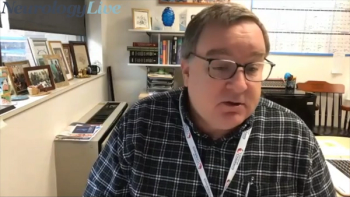
The director of the Tuberous Sclerosis Clinic at Cincinnati Children’s provided insight on whether the timing and combination of certain therapeutics may impact the long-term care for patients with tuberous sclerosis complex. [WATCH TIME: 3 minutes]

PIRA was associated with, for most patients, a sustained accumulation of disability, which was strongly associated with unfavorable long-term outcomes.
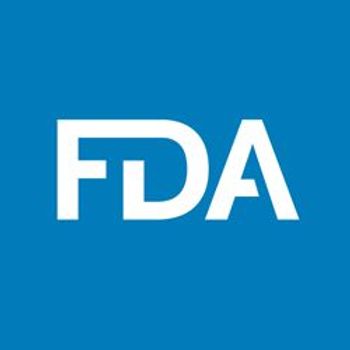
Despite previous data suggesting no link, the CDC and FDA will continue to review all evidence for possible increased risk of ischemic stroke.

Glymphatic function demonstrated no significant difference in patients with type 1 and type 2 narcolepsy in comparison with healthy controls.
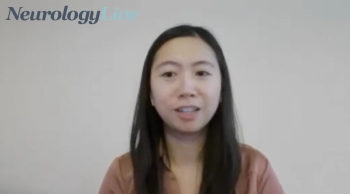
The neuropsychologist at Rutgers University, in New Brunswick, New Jersey, spoke about her most recent published study on assessing keystrokes on a smartphone in patients with multiple sclerosis. [WATCH TIME: 4 minutes]

Plain sulfonamide diuretics was identified as a drug chemical subgroup potentially inversely associated with Parkinson disease risk, while weaker signals included insulin and ß2-adrenergic agonists.

The director of the Headache Center at Allegheny Health Network discussed whole-body therapeutic approaches to chronic migraine, and the difficulties with finding an effective, long-term strategy. [WATCH TIME: 8 minutes]

Here's some of what is coming soon to NeurologyLive® this week.